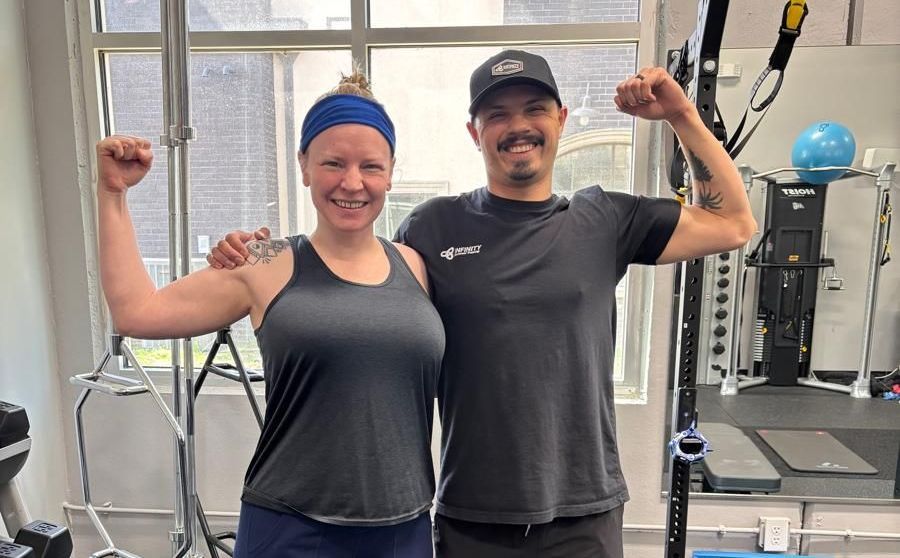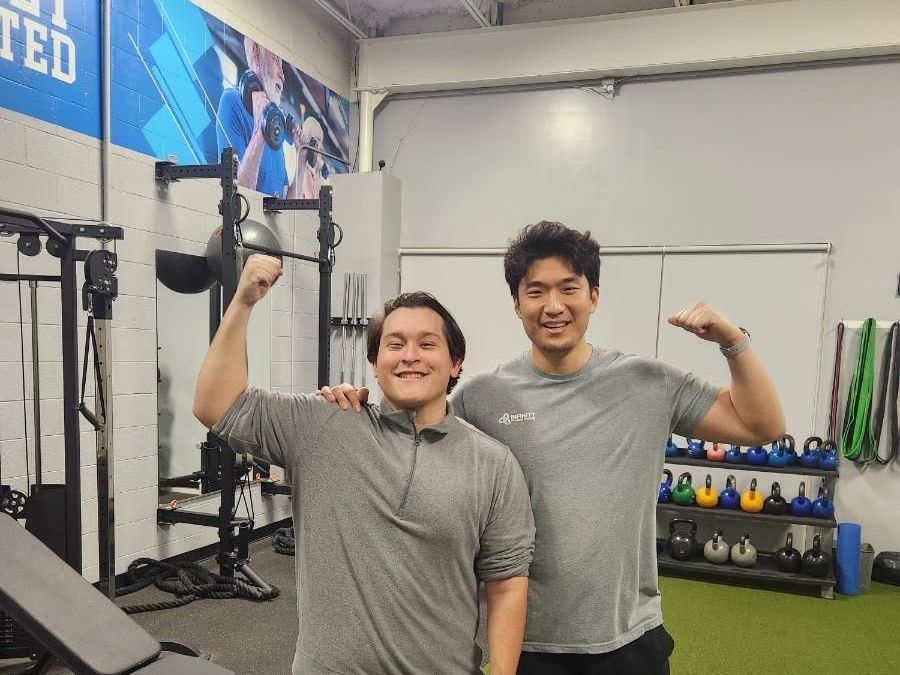February 11, 2019
Nutrition Education: THE DANGERS OF RESTRICTIVE DIETING
Restrictive dieting or eating is the limiting of food intake to a certain number of calories or to certain foods or food groups. Here we will talk about all the effects this can have on your body.
????Muscle Loss ????????
Muscle tissue is more metabolically active than fat, which means it uses more energy to maintain. Restricting food
intake can cause your body to break down muscle tissue for energy. This can lead to a loss in muscle mass, which
reduces your metabolic rate.
????Hormone Disruption
Levels of ghrelin, the hunger hormone, are increased significantly by restrictive dieting. Levels start to rise almost
immediately and by as much as 25%. This helps to explain why people find it difficult to stick to restrictive diets and
maintain their weight loss.
????Fatigue ????
If you’re not giving your body the energy it needs to function, you’ll end up feeling chronically fatigued. It’s also hard
to get quality sleep when you’re constantly hungry, which means your energy levels will take a double hit. This can
wreak havoc on your metabolism.
????Depression ????
Good nutrition is essential for the production of mood hormones like serotonin, dopamine, and melatonin. Restrictive diets mean that levels of these feel-good hormones drop, which can lead to depression, obsessive-compulsive disorders, and eating disorders. The longer you maintain restrictive eating habits, the more difficult it becomes for your mind to recover.
????Weight Gain
Ironically, people often end up gaining even more weight back after a period of restrictive dieting. This is due to
several factors.
☝️First, restrictive eating causes muscle loss as well as fat loss, and the metabolism slows right down to conserve
energy. When a regular diet is resumed, the body works to ‘catch up’ and replenish the lost fat supplies.
✌️Second, you’ll probably experience extreme cravings while on a restrictive diet. This is your body’s way of protecting
you from starvation, and the cravings will become more and more intense until you give in. When you do, you’re
likely to eat significantly more than you normally would to satisfy your increased hunger.
????Disordered Eating
Restrictive dieting can lead to a very unhealthy relationship with food. It creates a perception of food as inherently
bad and unhealthy. When you eventually return to a normal diet, this can cause feelings of distress and anxiety. In
some cases, it can even lead to eating disorders like anorexia and bulimia.
????Malnutrition
If you’re eating very little amounts of food, the chances are you’re not getting the macronutrients, vitamins, and
minerals you need to stay healthy. This might be sustainable in the short term, but over time, deficiencies of certain
essential vitamins and minerals can lead to serious problems.
????Addiction
If you’re not getting enough energy from food, you may turn to other sources to see you going. These can range
from the relatively benign, like coffee, to dangerously addictive substances like amphetamines.
You might also like

Cat Came in with a big goal, she set her bar high and did not let anything stop her from making progress. Since the start what truly stood out about Cat is her consistency and honesty. She’s lost 18 lbs/8.4% of Body Fat mass in just 4 months while increasing muscle mass by 3lbs and is only 3lbs away from her long term goal! In the workouts she is always pushing herself and regardless of if it is a good or bad day, you will find her trying to go up in weight and going all out in the workout finishers.

Within 6 consistent months at IPT’s Semi Private Program, Diana is down 17.9 lbs and 8.8% body fat! The greatest thing about Diana is she always steps up to the challenge in front of her. From the beginning, she set a big goal and didn’t let anything hold her back from getting there. She quickly implements feedback to progress forward. Her consistency in and outside the gym has been incredible



